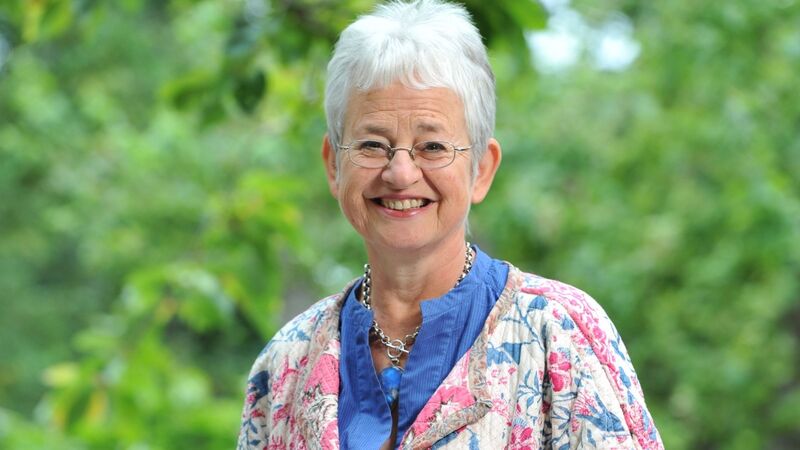You are viewing your 1 free article this month. Login to read more articles.
Nineteen first-timers make Bookseller 100
Hachette's retiring chief executive Tim Hely Hutchinson has been named as the 101st person on the Bookseller 100 List after 40 years in the publishing industry. At the same time, 19 new entrants have been named among 2017's most influential in the trade.
There is a bit of cheek to this year’s Bookseller 100, our annual list of the most influential people in the British book trade. With three double entries and a 101st, we actually honour 104 people who we believe are the movers, shakers and decision-makers in today’s industry.
But maybe we need some strength in numbers in a bit of a strange year for the British and Irish book trade. The ongoing Brexit negotiations, the outcome of which will greatly affect the industry, provide a stark backdrop to uncertain times.
Almost every member of the 100—particularly heads of houses and company bosses—face questions over the future of their businesses. How will companies that do the bulk of their turnover overseas—such as Ron Mobed’s Elsevier, Ian Hudson’s DK, John Fallon’s Pearson—fare if trade talks drag on? What will a hard border between Ireland and Northern Ireland do for Liam Hanly’s Eason and Maria Dickenson’s Dubray Books? If EU citizens have difficulty staying in the UK after full withdrawal, will distribution players—such as Jonathan Little’s Gardners or Justin Adams’ Connect Books—feel the pinch?
But in a way, this is why we do the 100. We need to celebrate the talent across the industry, and salute those who will guide the trade through times of uncertainty.
Head count
As always, we should mention that this is a British, or British-based list. So though there are many people across the world who have a significant impact on business here—Amazon’s Jeff Bezos, PRH’s Markus Dohle and Springer Nature’s Derk Haank, to name a few—they do not make the cut.
Some good news: there is a record number of women in the 100 (41). However, given those few extra people selected, the actual percentage is 39%, broadly in line with past lists. The selection, we mention every year, is more or less blind and judged on merit above all else. Sadly, women are still not on equal footing with their male counterparts in the book trade’s boardrooms.
There are five people from a black, Asian or minority ethnic background, broadly in line with the past couple of years, but woefully small for an industry trying to improve on diversity.
There is plenty of new blood, with 19 new entries. Partially this is down to the churn of publishing—Annie Callanan stepping in for Roger Horton at Taylor & Francis and Nicola Usborne assuming an increased role at the family publishing house—but this is also down to good old innovation.
Happily, the overriding reason for many of the newbies’ inclusion is getting more books into more people’s hands. Sam Baker has built her and co-founder Lauren Laverne’s online platform The Pool into one of the most vibrant spaces for books and literature. Ted Hodgkinson has built a stellar line-up of headline-grabbing events at the Southbank Centre. Even Richard Ovenden—who as the head of Oxford’s Bodleian Library holds probably the oldest extant role in the British book trade (his predecessors stretch back to 1599)—makes the list in good measure because the Bodleian greatly ramped up its public outreach.
On a sector basis, we have more authors/illustrators (nine) than ever before, but that reflects a blending of roles: Kate Mosse, Philip Pullman and Nikesh Shukla make the list for writing and for their campaigning. Twenty on the list are retailers (only two indies, alas), while of the 43 publishers, 24 come from adult trade houses.
As might be expected, Penguin Random House is tops for company representation, with seven entries, with Hachette and HarperCollins tied for second place at five slots apiece. Amazon (including Audible) and Pan Macmillan notch up four places while Waterstones has three.
See the full Bookseller 100 list here.

















